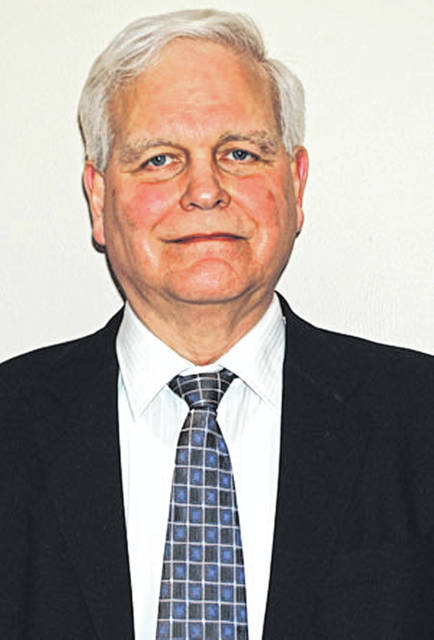
Have you the reader ever been offended by the words or actions of another? Words are often serious weapons of offense, even when spoken in jest. Personal experience proclaims that anytime we speak verbally or in writing with conviction in a public setting, someone may be offended. Whether our intent is to be offensive or completely the opposite, and our intent is to be encouraging and uplifting; chances are that someone will take offense. Please know that the intent of this article is not to be offensive, but is to share an infinitely important message with anyone who is willing to receive it.
Is there anyone reading this article who hopes to be forgiven by God Almighty for personal sins while hiking through the amazing trail of mortal life upon this earth? If so, then here is some good news as spoken by Elder Jeffrey R. Holland, a General Authority of The Church of Jesus Christ of Latter-day Saints.
“Surely the most majestic moment of that fateful Friday, when nature convulsed and the veil of the temple was rent, was that unspeakably merciful moment when Christ said, ‘Father, forgive them; for they know not what they do.’ (Luke 23:34). As our advocate with the Father, He is still
making that same plea today—in your behalf and in mine.” End of quote.
Luke 23:34 refers to the Roman soldiers who crucified Christ. What a powerful example Jesus set for us by praying to His Father in Heaven to forgive those who had just nailed him to a wooden cross to suffer agony, to bleed, and to die. Are we followers of Jesus Christ or are we not? Should we be following his example to forgive others who harm us or should we not?
Elder Bruce R McConkie, a now deceased General Authority of The Church of Jesus Christ of Latter-day Saints, addressed that concern with the following words.
“Can we gain forgiveness from the Lord without granting it to our fellowmen? The answer is a thunderous, No! Jesus condensed the divine law into these six words: ‘…forgive, and ye shall be forgiven:’ (Luke 6:37.) On one occasion Jesus taught his disciples to pray by saying: ‘And forgive us our sins; for we also forgive every one that is indebted to us.’ (Luke 11:4). On another occasion his saints were counseled to pray: ‘Forgive us our debts, as we forgive our debtors.’ Why? Because, he said, ‘if ye forgive men their trespasses, your heavenly Father will also forgive you: But if ye forgive not men their trespasses, neither will your Father forgive your trespasses.’ (Matthew 6:12-15). Forgiveness of others is a condition precedent to the receipt of forgiveness for ourselves.”
I desperately hope and pray to be forgiven of all of my sins, and I truly wish all who are willing to receive it the same blessing. But God’s standard is pretty plain in this regard, if we want it, we must also be willing to give it to all others. Luke 6:27-28 quotes Jesus as saying, “But I say unto you which hear, Love your enemies, do good to them which hate you, Bless them that curse you, and pray for them which despitefully use you.” I remember having this discussion some years ago at our family Sunday dinner table.
I even went around the table and asked everyone there to share the name of someone by whom they had been offended, what the offense was, and to commit to pray for that person’s blessing and wellbeing each day through the coming week. My personal commitment was to pray for a basketball coach against whom I carried a personal grudge. My wife committed to pray for a lady who had once offended her at church. But when it was time for a young man at our table who was not Christian to tell us for whom he was going to be praying, I was immediately humbled for holding a grudge against a basketball coach. This young man committed to pray for his mother who had routinely abused him as a child.
Stay tuned for Part II in the next column.




